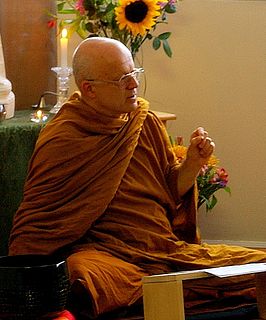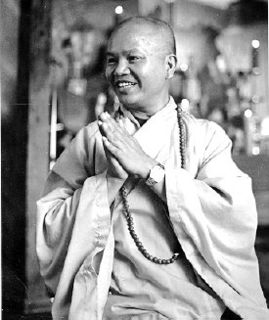A Quote by Susan Sontag
One criticizes in others what one recognizes and despises in oneself. For example, an artist who is revolted by another’s ambitiousness.
Related Quotes
The misfortune of others is our misfortune. Our happiness is the happiness of others. To see ourselves in others and feel an inner oneness and sense of unity with them represents a fundamental revolution in the way we view and live our lives. Therefore, discriminating against another person is the same as discriminating against oneself. When we hurt another, we are hurting ourselves. And when we respect others, we respect and elevate our own lives as well.
Studying the Buddha way is studying oneself. Studying oneself is forgetting oneself. Forgetting oneself is being enlightened by all things. Being enlightened by all things is to shed the body-mind of oneself, and those of others. No trace of enlightenment remains, and this traceless enlightenment continues endlessly.
In a world full of danger, to be a potentially seeable object is to be constantly exposed to danger. Self-consciousness, then, may be the apprehensive awareness of oneself as potentially exposed to danger by the simple fact of being visible to others. The obvious defence against such a danger is to make oneself invisible in one way or another.


































